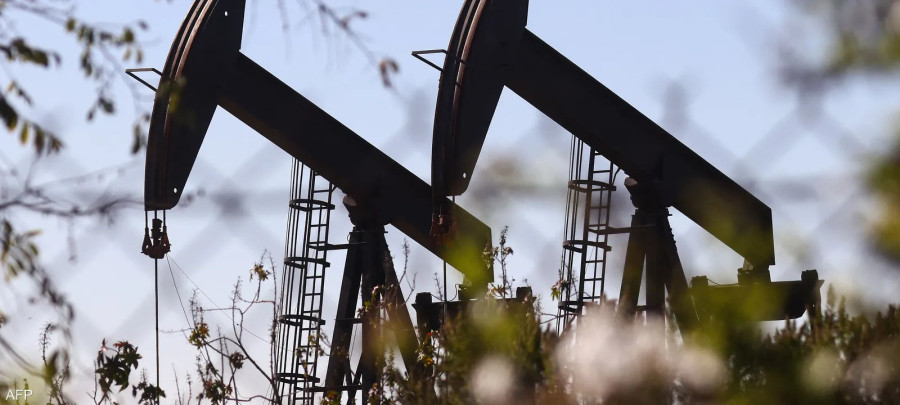Oil prices rose on Monday as traders anticipated the possibility of a supply disruption in the Middle East after strikes launched by American and British forces on targets of the armed Houthi group in Yemen to prevent them from attacking ships in the Red Sea.
By 0405 GMT, Brent crude futures rose 13 cents, or 2.0 percent, to $78.42 a barrel, after rising 1.1 percent upon settlement on Friday. US West Texas Intermediate crude recorded $73.72 per barrel, up five cents, or 0.1 percent, after rising about one percent in the previous session.
The two benchmarks jumped more than two percent last week to touch their highest levels this year during the session after American and British forces launched dozens of air strikes against Houthi forces in response to months-long attacks on shipping in the Red Sea. The Houthis, allied with Iran, say their attacks come in response to the war waged by Israel in Gaza.
Warren Patterson, head of the commodities research unit at ING, said there are risks related to supplies in the market due to the escalation in the Red Sea, but at the present time we do not see any impact on oil supplies. I believe that this happening depends on a major escalation.
On Sunday, the Houthis threatened a strong and effective response after the United States carried out another strike overnight, escalating tensions. The United States later said it shot down a missile fired at one of its ships from Houthi areas in Yemen.
A number of tanker owners stayed away from the Red Sea and several tankers changed their course on Friday after the strikes, although traders were still monitoring Iran's reaction and its impact on shipments in the Strait of Hormuz, the world's most important oil corridor.
Since the conflict in the Middle East is not currently impacting oil production, the geopolitical risk premium priced into oil prices now appears modest based on implied volatility in options, Goldman Sachs (NYSE:GS) analysts said in a note.
They added, Although this is unlikely to happen from our point of view, we estimate that oil prices will rise by 20 percent in the first month of the cessation of navigation in the Strait of Hormuz, and may double temporarily if the cessation is extended, which is less likely.
In Libya, corruption protesters threatened to close two other oil and gas facilities after the closure of the Sharara field, which produces 300,000 barrels per day, on January 7.
In the United States, energy and natural gas companies prepared for the severe cold wave that is expected to cause record demand for gas while reducing supplies due to the state of freezing of wells.






































